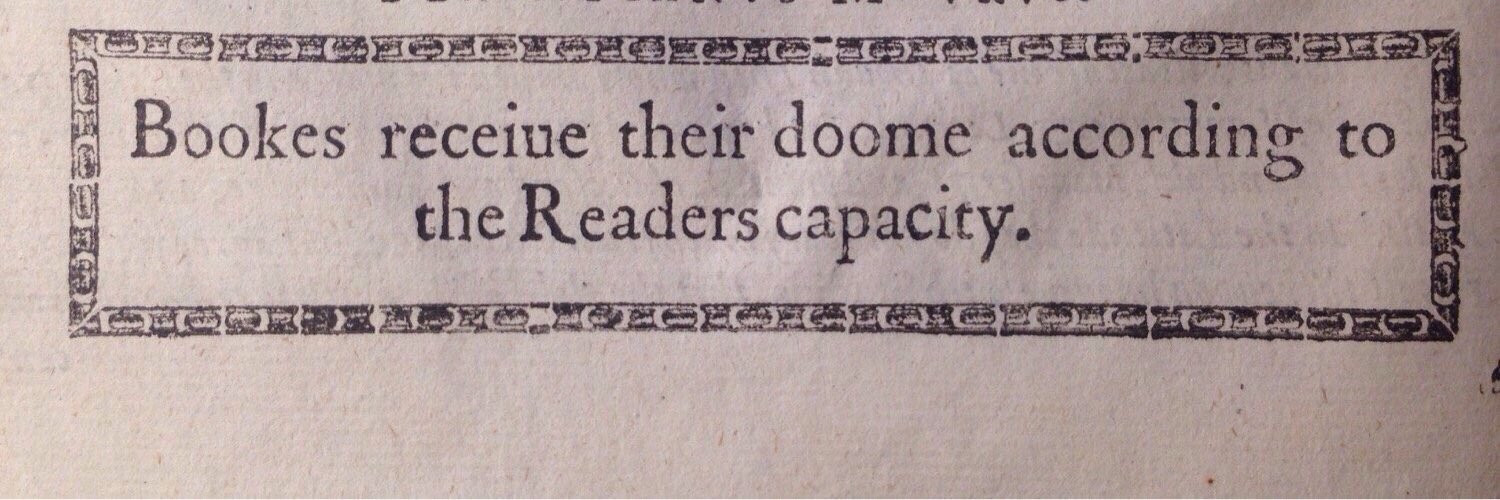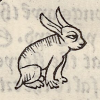
Combined Historian . teaches . #AngloDutch . he/him . funcrusher
will post hiphop
[Banner is a seventeenth-century printed motto: 'Books receive their doom according to the reader's capacity'; avatar is a fifteenth-century woodcut illustration of a bunny.]
This profile is from a federated server and may be incomplete. Browse more on the original instance.
